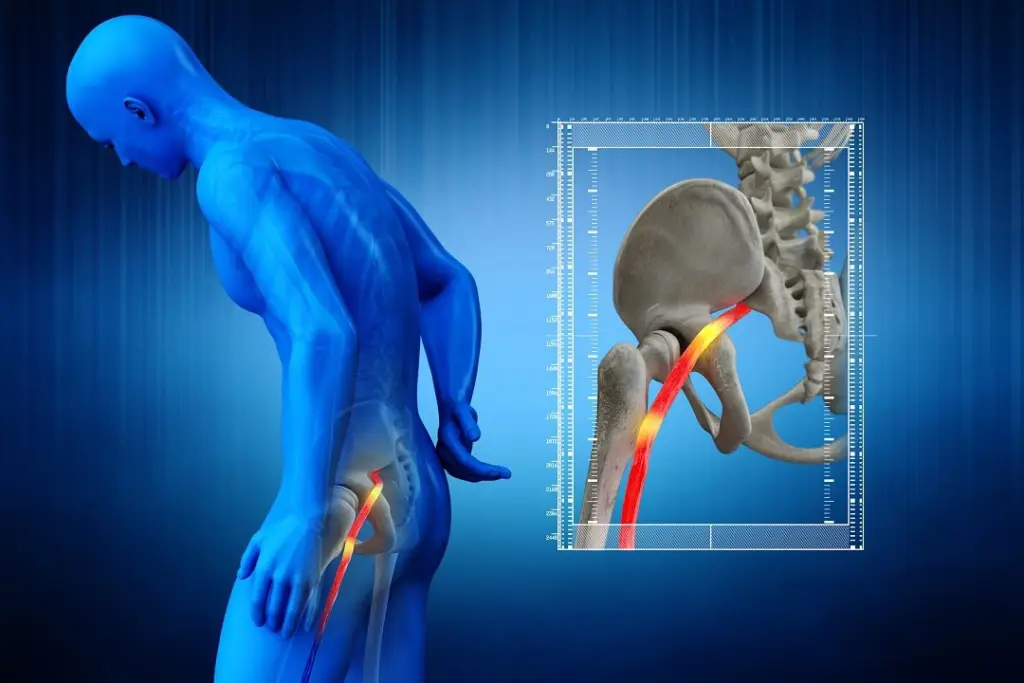

Sciatic Relief Protocol
Providing nutritional help to maintain healthy nerves
The Sciatic Relief Protocol is a comprehensive approach designed to alleviate the pain and discomfort associated with sciatica. Sciatica is a condition characterized by pain radiating along the sciatic nerve, which extends from the lower back through the hips and buttocks and down each leg. This protocol typically includes a combination of physical therapy, exercises, lifestyle changes, and sometimes medical treatments to manage symptoms and improve overall spinal health.
Understanding Sciatica:
Sciatica typically occurs when the sciatic nerve is compressed, irritated, or inflamed due to various underlying conditions such as herniated discs, spinal stenosis, or degenerative disc disease. Factors such as poor posture, obesity, and prolonged sitting can also contribute to sciatic nerve pain.
This Sciatic Relief protocol contains the following food extracts and minerals
Vitamins: B1, B12, B2, B6, B7, Magnesium, Vitamin D
Herbs: Ashwagandha, Capsaicin, Chinese Skull Cap root extract, Devils Claw Extract, Feverfew, Garlic extract, Ginger Extract, Lion’s Mane Mushroom, Oat Straw Extract, Passionflower extract, St. John’s Wort, Turrneric extract, Valerian Root , White Willow extract
Micronutrients: Acetyl-L-carnitine, Essential Amino Acids Powder – EAA Powder, Omega-3 Fatty Acids from sprouted Flax and chia seeds, Palmitoylethanolamide (PEA), R Alpha Lipoic Acid Powder
Take about one teaspoon in a smoothie before meals
This dietary supplements have not been evaluated by the FDA and are not intended to diagnose, treat, cure, or prevent any disease or health condition. NET WT. 220g)
